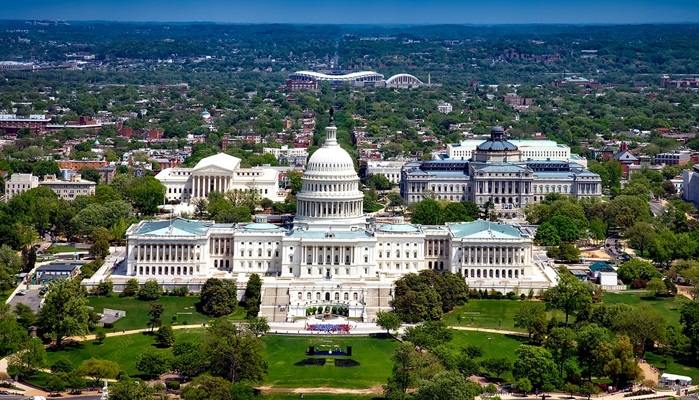The issue of sports betting is being debated by every state in the U.S. at this moment and lawmakers in Washington D.C. have opened a discussion about legalizing wagering on football, baseball, softball, basketball and other sports. The Supreme Court’s recent decision to overturn the Professional and Amateur Sports Protection Act (PASPA) as illegitimate has helped judicial representatives and officials to bring the matter to the table and therefore consider the best possible way to legalize books and pools in the District of Columbia.
According to a Thursday report from Gambling Insider citing an earlier article from The Washington Post newspaper, Washington D.C. council member, Jack Evans, has said in an interview that currently, every single state in the country offers gambling services, including casinos. For Congress to say NO to residents of D.C. is entirely hypocritical and a huge barrier, which is not in the best interest of the Capital, claims Evans. Even though sports betting has remained illegal in the U.S. capital since the beginning of the 20th century, certain amendments to the legislation have even broadened the ban, covering a much larger selection of games including wrestling, boxing, greyhound racing, polo, hockey and so on.
Nevertheless, the number of states considering sports wagering and related administration is on the rise, and many teritorries are looking for new ways to increase their financial revenues. According to Evans, the gambling industry has changed over the course of the last 10 years, and it is an entirely different world than it was before. However, it is important to realize that the District of Columbia has been quite irreconcilable with casino gambling, mostly due to a very strong religious community.
The State of Maryland, on the other hand, has approximately 15 casinos, most of which are less than a mile away from the Capital. In the next 20 years, there will be a lot more venues available, regardless of the religious institutions’ approval. The District spans across 18 square miles, out of which 29% represent federal lands, where gambling is still explicitly prohibited. If the governmental officials and lawmakers find a satisfying solution and succeed in legalizing sports betting, the residents of D.C. could begin placing their first by the end of the year, adds Evans.



